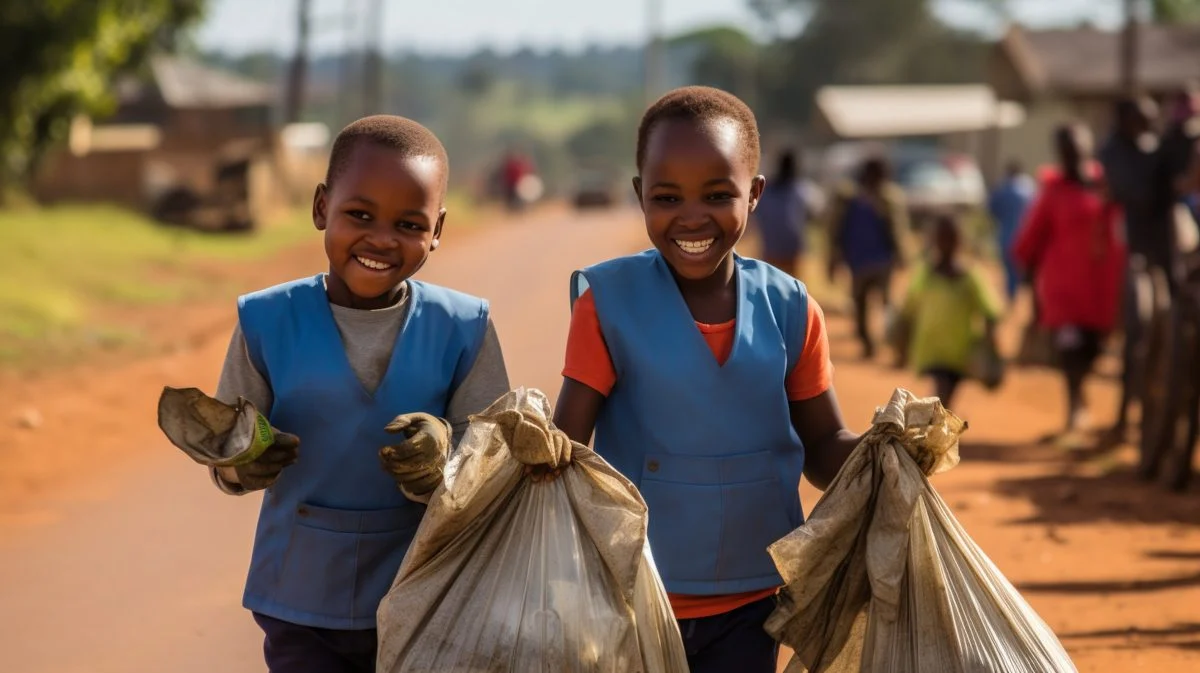
Amidst notable strides in economic growth, freedom, and infrastructure development, Africa finds itself grappling with persistent challenges that threaten to undermine its progress. Despite the continent’s advancements, issues like poverty, inequality, and climate change persist, necessitating concerted efforts from both domestic and international stakeholders.
Over recent decades, Africa has witnessed significant economic growth, with many countries experiencing robust GDP expansion rates. This growth has been accompanied by improvements in governance, increased political freedoms, and substantial investments in infrastructure projects ranging from transportation networks to renewable energy initiatives.
However, the benefits of Africa’s economic growth have not been uniformly distributed, with poverty and inequality remaining pervasive issues. Millions of Africans continue to live below the poverty line, lacking access to basic necessities such as food, clean water, healthcare, and education. Economic disparities between rural and urban areas, as well as among different social groups, exacerbate the problem of inequality, hindering inclusive development.
Moreover, Africa is particularly vulnerable to the impacts of climate change, despite contributing minimally to global greenhouse gas emissions. The continent faces challenges such as droughts, floods, desertification, and rising sea levels, which threaten food security, livelihoods, and infrastructure. Climate-related disasters often disproportionately affect the most vulnerable populations, exacerbating existing socioeconomic inequalities.
Addressing these multifaceted challenges requires a comprehensive approach that combines continued investment, innovation, and cooperation both within Africa and with the international community. African governments must prioritize poverty alleviation strategies, including targeted social welfare programs, job creation initiatives, and investments in education and healthcare.
Furthermore, efforts to reduce inequality should focus on promoting inclusive economic growth, providing equitable access to resources and opportunities, and strengthening social safety nets. Policies that empower marginalized groups, such as women, youth, and rural communities, are essential for fostering inclusive development and reducing inequality.
In the face of climate change, Africa needs to accelerate its transition to a low-carbon economy, invest in climate-resilient infrastructure, and enhance adaptation and mitigation efforts. This requires collaboration between governments, businesses, civil society organizations, and the international community to mobilize resources, technology, and expertise.
Moreover, partnerships with international actors, including development agencies, multilateral institutions, and donor countries, are crucial for supporting Africa’s sustainable development agenda. By working together, Africa and its global partners can leverage their collective strengths to tackle shared challenges and create a more prosperous, equitable, and resilient future for the continent.
In conclusion, while Africa has made commendable progress in various aspects of development, the persistence of poverty, inequality, and climate change underscores the need for sustained and concerted action. By prioritizing investment, innovation, and cooperation, Africa can overcome these challenges and unlock its full potential for inclusive and sustainable development.
